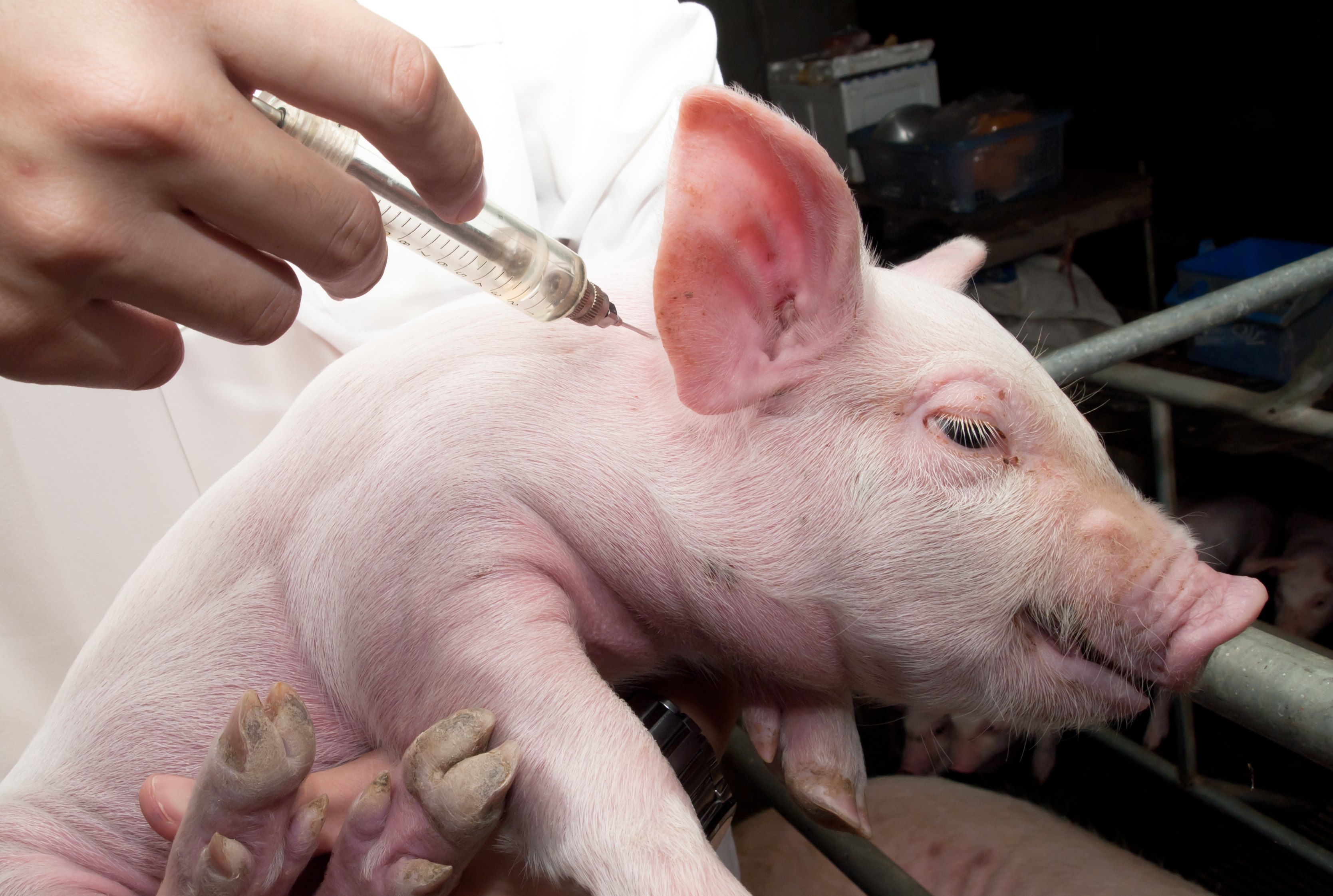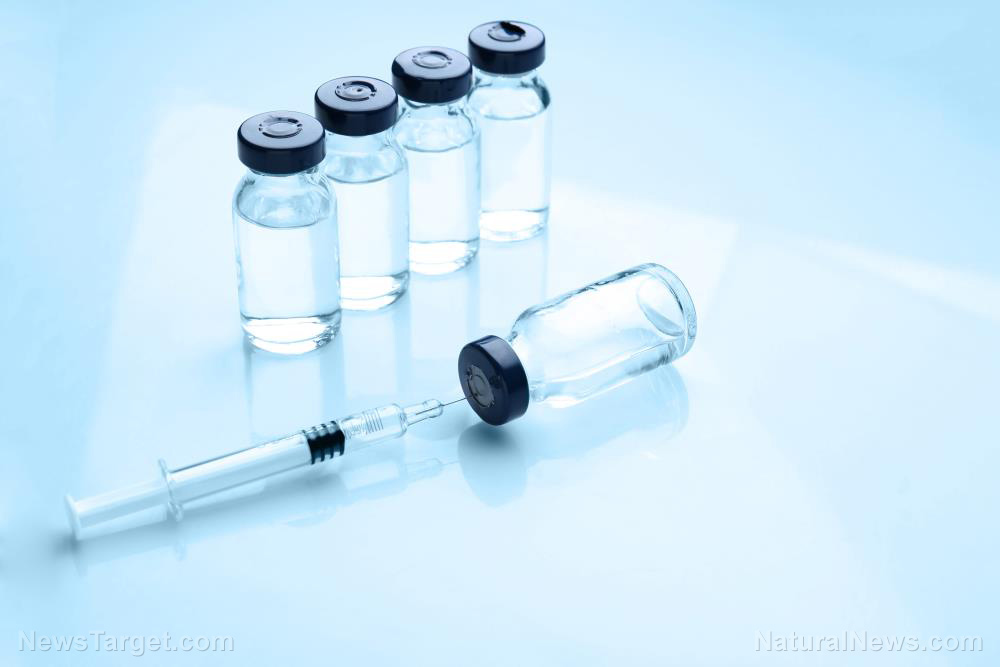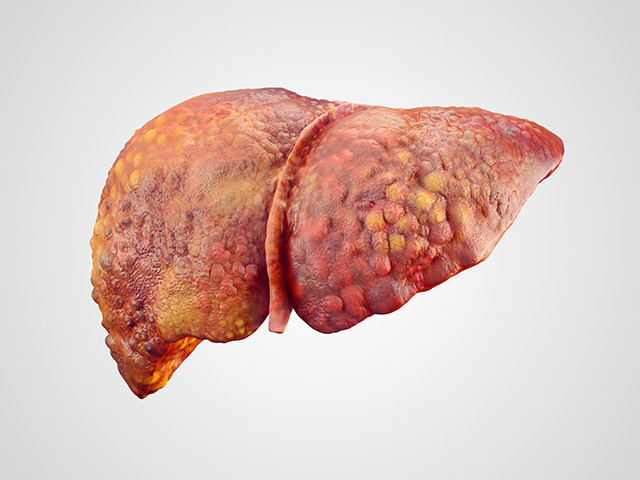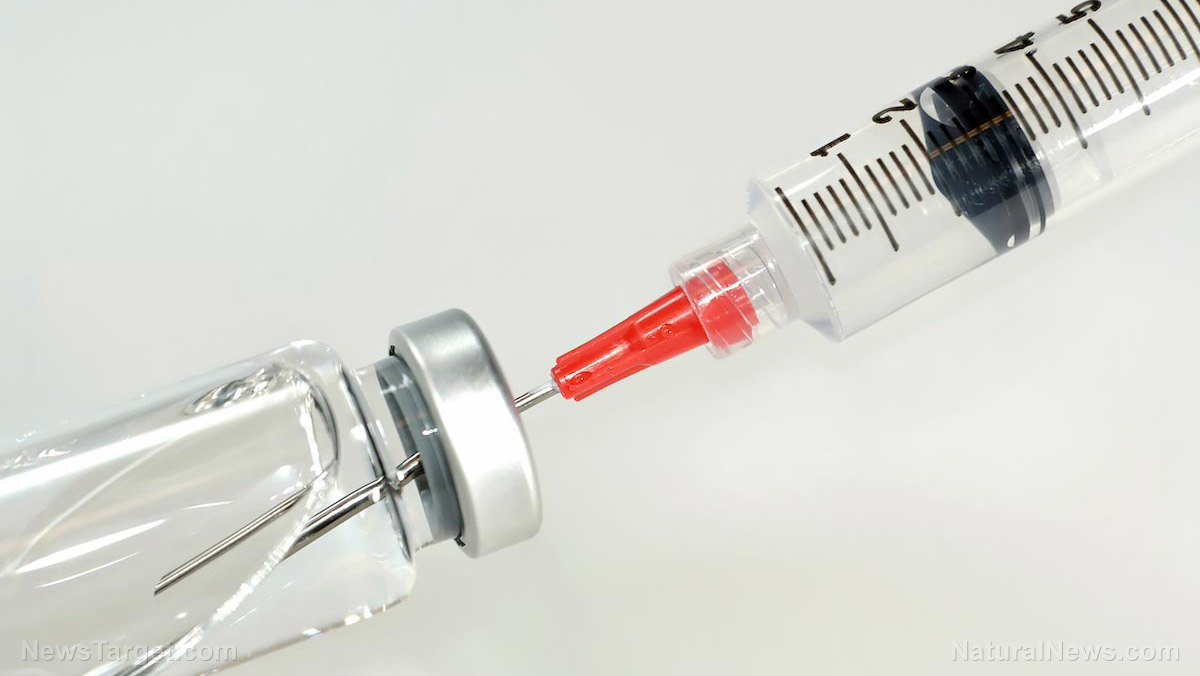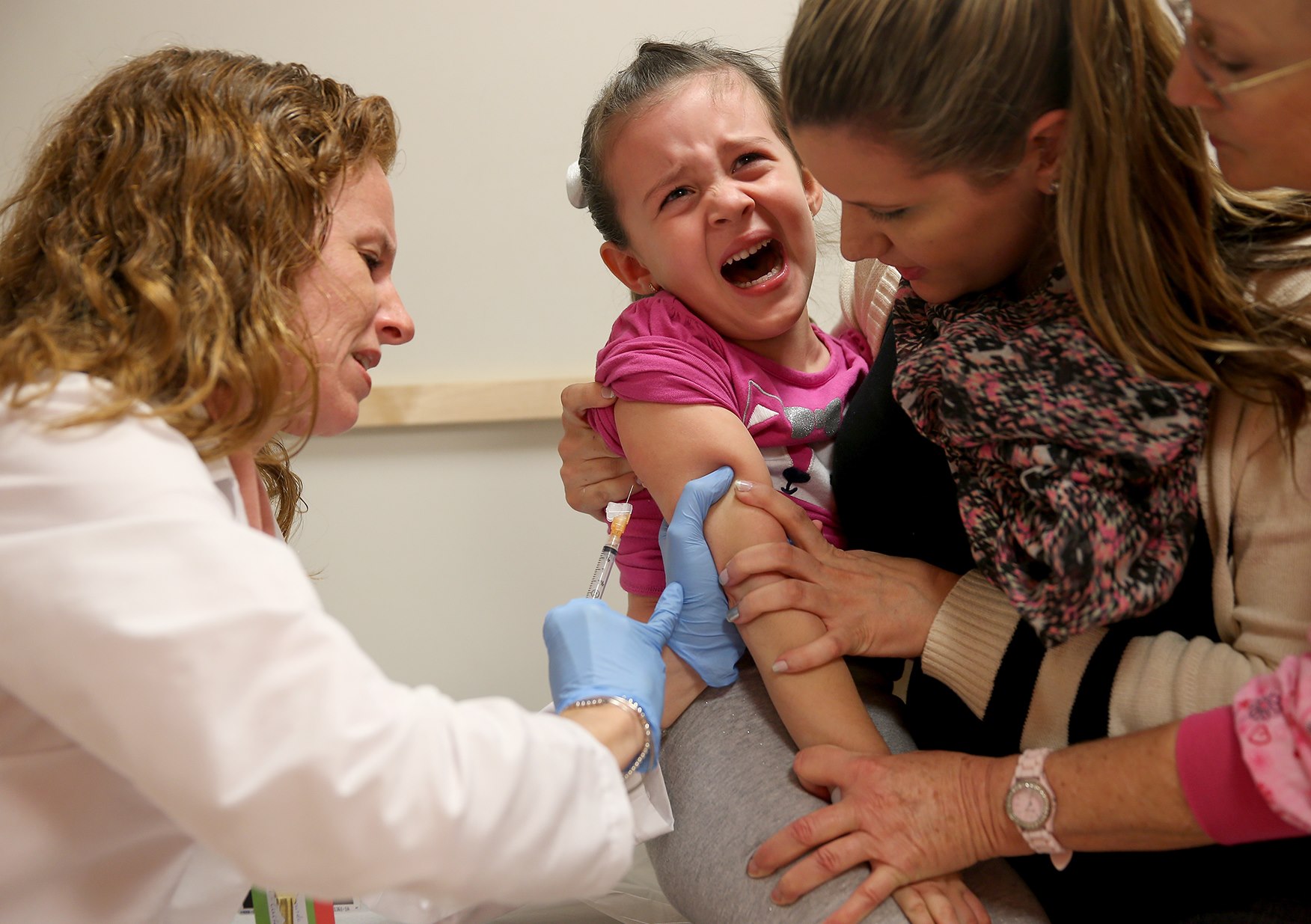Confirmed: Medical science lab used HUMANS as guinea pigs for risky experiments
04/02/2018 / By Isabelle Z.
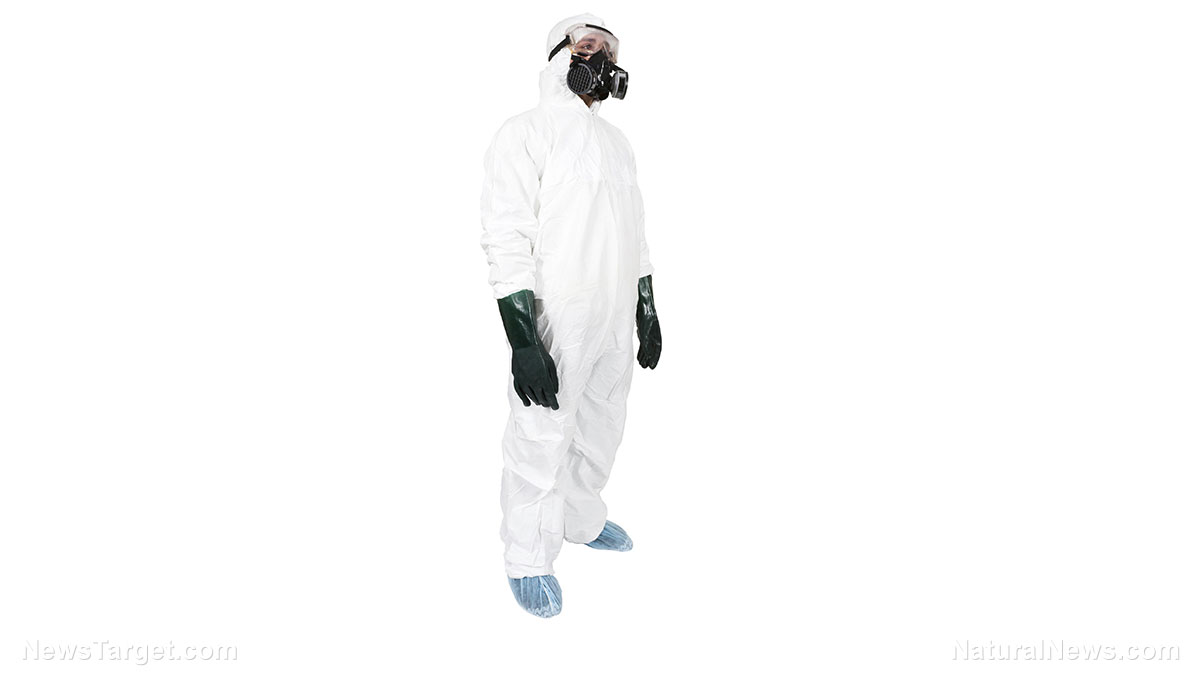
It sounds like something you might see in a movie or on TV: A secretive, high-security 7,000-acre site in a small West Country town surrounded by warning signs houses canisters full of poisonous gases and samples of some of the deadliest viruses in the world. Far from fictional, this unsettling lab that conducts experiments on human subjects actually exists and is still in use today by 3,000 scientists.
The U.K.’s Porton Down was thrust into the spotlight earlier this month when the former Russian military intelligence officer Sergei Skripal, who was working as a double agent for U.K. intelligence, and his daughter were poisoned. The Salisbury lab was tasked with identifying the military-grade nerve agent used to attack the pair, which they say was a type of “Novichok” created by Russia. Not everyone is convinced of their finding, however, and the facility’s history is riddled with controversy.
The site’s official name is the Defence Science and Technology Laboratory. It works with an annual budget equal to $882 million and was founded during World War I in 1916 to counter chemical attacks by Germans. Scientists there were responsible for the development of tear gas and the fatal nerve agent known as VX.
The British Ministry of Defense (MoD) says their work is defensive as international conventions prohibit chemical weapons use. Their aim, they say, is merely improving equipment to protect troops as well as the population at large. The site has analyzed chemical weapons used in the Syrian conflict, like sarin gas, and it has also been used for Ebola research.
However, the extreme levels of secrecy have long drawn suspicion among locals and observers. Some of the most disturbing concerns entail experimentation on humans and animals.
For example, in 1999, police investigated testing that endangered soldiers’ lives without their knowledge. While this never resulted in criminal prosecution, the MoD did award 360 former armed services members compensation of $5.2 million. The soldiers claimed that they were used against their will as human guinea pigs to test out Cold War chemicals.
The ministry never admitted responsibility in the case. The laboratory does say that it has a “volunteer” program that has involved 20,000 people participating in studies throughout the years. They still use human volunteers today, which they say helps to enhance training procedures and improve protective equipment.
The British government claims that the human trials at the facility meet the “highest ethical standards,” but their wording implies that some of the practices used there in the past would probably be considered unacceptable by modern standards: “The Volunteer Programme has always been operated to the highest ethical standards of the day.”
In fact, there is a helpline for past volunteers who have concerns about their trials or “any subsequent effects on their health.”
Soldier died in nerve agent experiment
One subject who won’t be able to call the helpline is Aircraftsman Ronald Maddison, who died tragically at the site back in 1953 at age 20 after drops of the nerve agent sarin were applied to his forearm through a double layer of cloth. An inquest wasn’t held until 2004, and a verdict of unlawful killing was delivered in a move that overturned the corner’s initial findings of asphyxia, prompting many to believe a cover-up took place.
In the years between 1945 and 1989, more than 3,400 people were exposed to nerve gas at the base, giving the site the dubious distinction of having tested more human subjects with nerve gas than any other place on the planet. Tests involved repeated exposure, entering gas chambers, tests on bare skin, and tests of mental performance.
Aerial release trials have also been held at the site, which the government says can help the U.K. prepare for potential biological or chemical attacks by air. The government says the experiments were harmless and that they did not cause adverse health issues for locals. However, many are skeptical after they admitted that World War II trials by Porton Down scientists contaminated a coastal Scottish island with anthrax.
Given the disturbing nature of the limited information that has actually been confirmed about the site, it’s frightening to imagine what else could be going on there that the public doesn’t know about.
Read MedicalExtremism.com for more coverage of medical experiments run amok.
Sources for this article include:
Tagged Under: Big Pharma, biological warfare, biological weapons, dangerous chemicals, drug cartels, ethics violations, evil, experiments, government coverup, health freedom, human experiments, human guinea pigs, medical ethics, medical experiments, nerve agent, Porton Down, sarin, Sergei Skripal, toxic chemicals, unethical research





